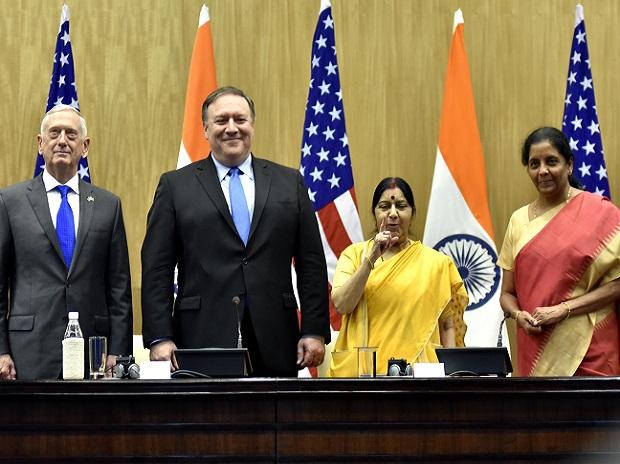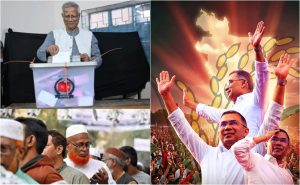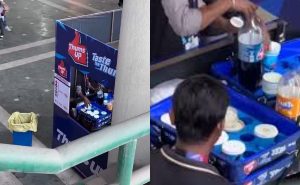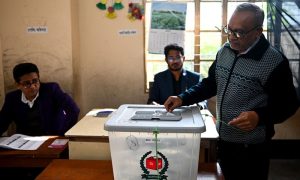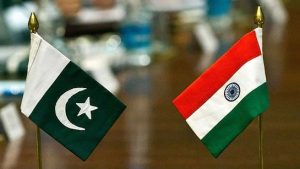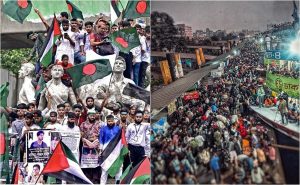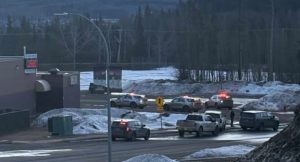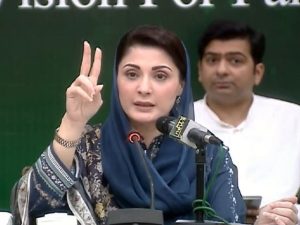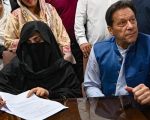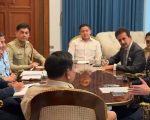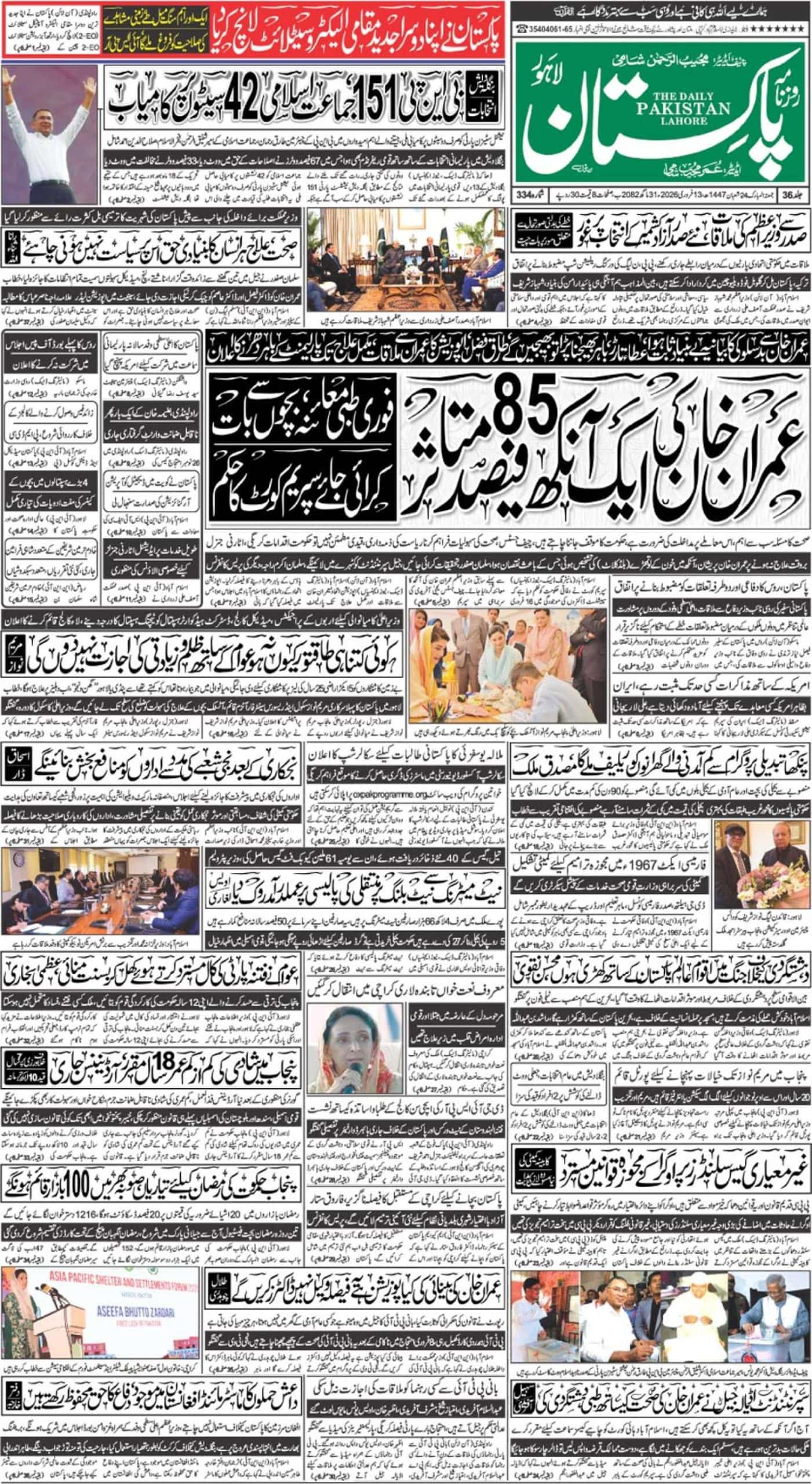NEW DELHI – A long-negotiated defence pact under which critical and encrypted defence technologies will be provided to the Indian military by the US was inked here Thursday after the two countries held their first 2+2 dialogue during which they also discussed key issues, including cross-border terrorism, India’s NSG bid and the contentious H1B visa issue.
During the talks External Affairs Minister Sushma Swaraj and Defence Minister Nirmala Sitharaman had with US Secretary of State Michael R Pompeo and Defence Secretary James Mattis, the two countries also decided to set up hotlines between them.
Addressing a joint press conference, Swaraj expressed satisfaction over the agenda of the inaugural dialogue while giving the details of the deliberations.
While Pompeo termed the ‘Communications, Compatibility, Security Agreement (COMCASA)’ agreement a “milestone” in the relationship, Sitharaman asserted that the pact will enhance India’s defence capability and preparedness.
The COMCASA will facilitate India to obtain critical defence technologies from the US, and access critical communication network to ensure interoperability between the US and the Indian armed forces.
It will also allow the installation of high-security US communication equipment on defence platforms being sourced from the US.
Swaraj also asserted that the dialogue reflected the desire of leadership of the two countries to further elevate the bilateral strategic communication on cross-cutting defence and security issues.
She said, “The recent decision by the US to put India in the list of countries eligible for Strategic Trade Authorization Tier-I License Exemption reflects India’s robust and responsible export control policies. In our meeting today, we also agreed to work together to secure India’s membership of the Nuclear Suppliers Group at the earliest.”
The two sides also discussed the ongoing efforts by India and the US in promoting an Afghan-led, Afghan-owned and Afghan government-controlled reconciliation process, that brings together all ethnic groups and political formation in that country, the minister added.

